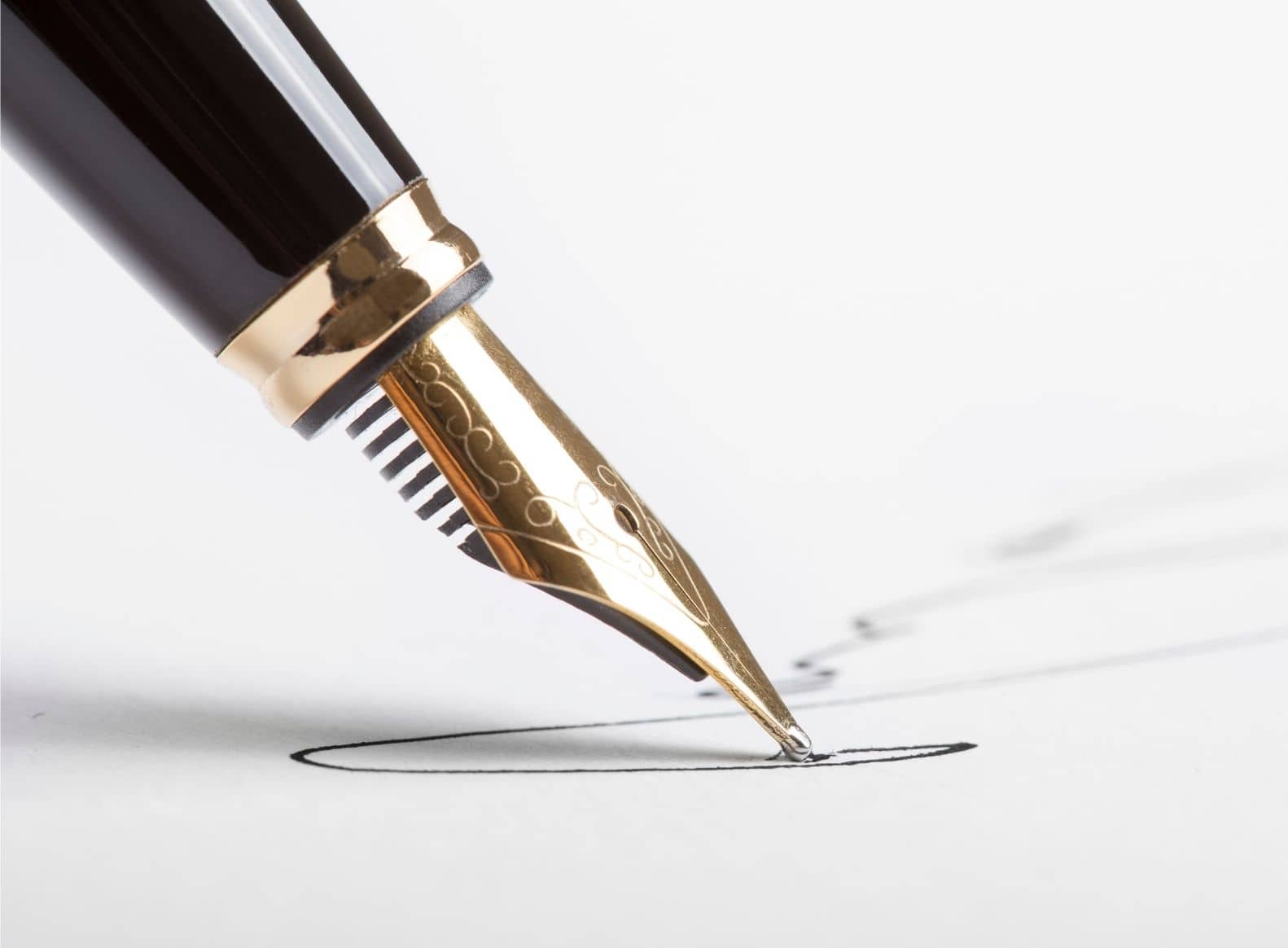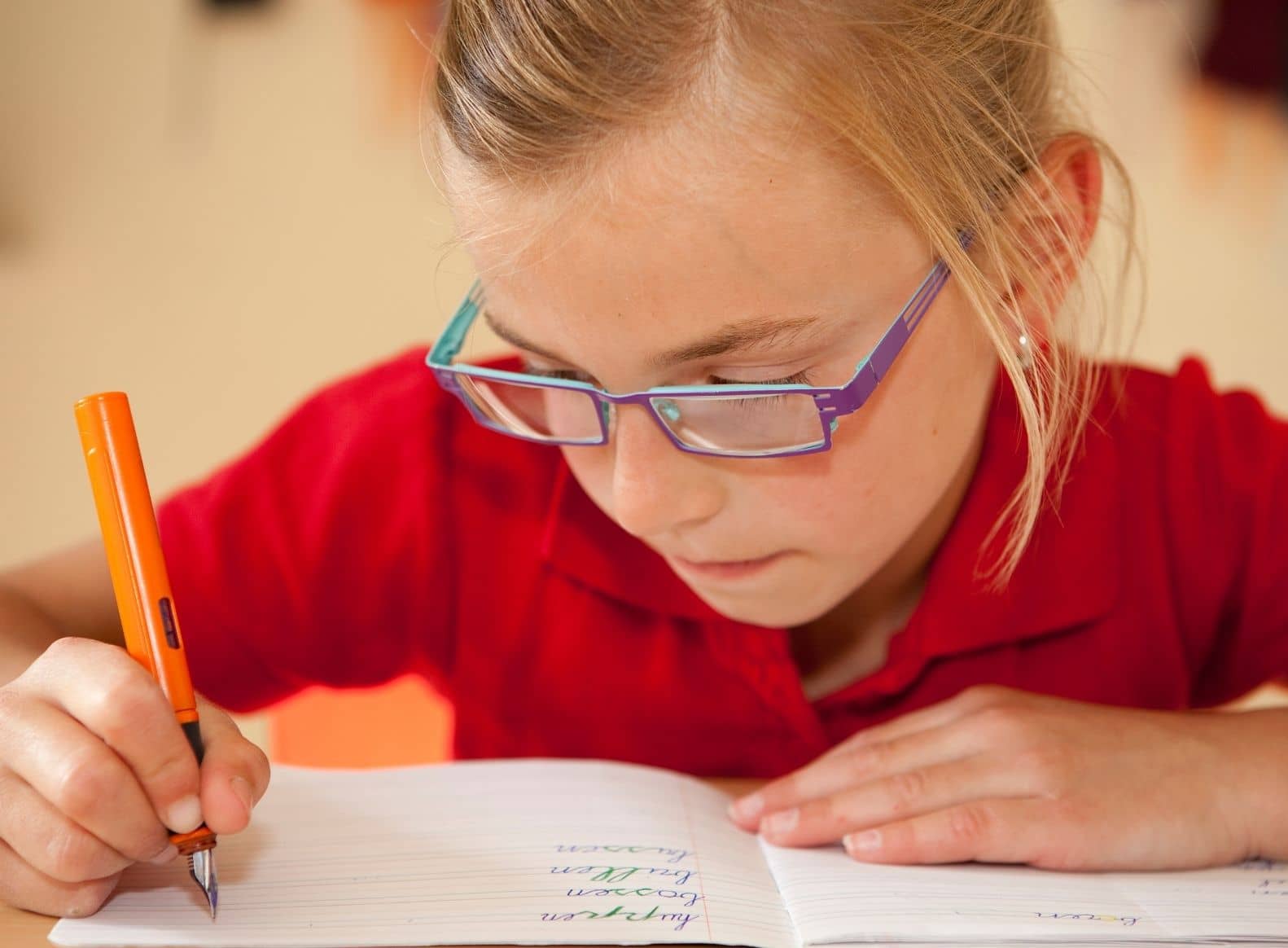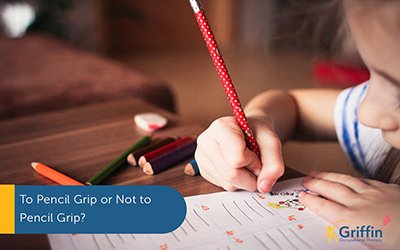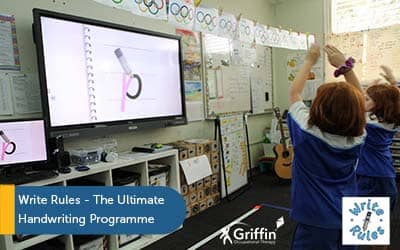What is a pen licence?
For those of you who are not familiar with the term ‘pen licence’, pen licences are certificates which give children the permission to write in pen, rather than pencil. They are issued by teachers to children who have successfully shown consistently neat handwriting. Whilst on the surface this might seem like a harmless idea, it can be very demotivating for some students. In this article, I will explore why I think pen licences are problematic and recommend an easy solution.

What is a pen licence?
For those of you who are not familiar with the term ‘pen licence’, pen licences are certificates which give children the permission to write in pen, rather than pencil. They are issued by teachers to children who have successfully shown consistently neat handwriting. Whilst on the surface this might seem like a harmless idea, it can be very demotivating for some students. In this article, I will explore why I think pen licences are problematic and recommend an easy solution.
When did you get your pen licence?
For me, the year was 1988, I was in grade three. My mum had dutifully brought the red and blue pen as specified on my stationery list. All I had to do, was show Mrs Perriman my best handwriting! Even though we had our pens at the start of the year, it wasn’t until after the June/July holidays that pen licences would start to be allocated.
I was one of the lucky ones. Although it’s hard to tell now, when I was eight I had pretty good handwriting. I wasn’t the first, but I was certainly one of the earlier ones to be given my coveted pen licence. Reflecting on the moment, I know it is such a trivial thing, but I triumphantly took the little certificate home to show my parents. And sadly, I remember gloating every time I used my little blue pen, knowing that others were still writing in pencil.
There are some of you that will be reading this thinking, what on earth is she talking about? If you are having this thought, then I think your school had a much more inclusive and forward thinking policy. They did not make you wait to write in pen, they probably just shifted all students at the same time.
So what’s the problem with the pen licence?
Pen licences are an obvious reminder of who is succeeding in class with writing and who is not. Although this is not the intention, children notice who is writing in pen and who is still stuck writing in pencil. Pencil writers know that they are behind their peers. This can impact their confidence, participation, and self-esteem.
Most of the children I work with receive their pen licence as consolidation prize at the end of the year, as teachers know that they will be writing in pen when they move up to the next class. These children watch, disappointed, as their classmates can switch from pencil to pen. They try their best, but as pen licences are handed out, they are continually reminded that their writing is just not good enough.
These children, especially if they are dyspraxic, need more practice to learn new skills. Receiving their pen licence late, or not at all, means they have less time to practice using a pen before they are required to write in it full time! So, they enter their new school year with less experience writing in pen, even though they need more opportunities to practice than their peers.
Pen licences – an example from X
It is not just me who shares this thinking. There was also an interesting thread on X which explored this exact topic. A mother posted:
“Sophie (Yr 3) has just told me she is one of 4 students in her class who isn’t allowed a pen. This upsets her. She does need to improve handwriting but I’m not sure I like her being refused a pen. #edutwitter #primaryteachers – What are thoughts on pen licenses?”
Most responses spoke about how pen licences are discriminatory towards children with additional needs, particularly those with dyslexia and dyspraxia. There were a lot of comments that spoke about a lack of inclusivity and equality.
Responders frequently used the terms ‘loathe’, ‘awful’, ‘hate them’, ‘ridiculous’ and ‘detest’. Many spoke about personal examples of how their children were disappointed not to receive theirs. They also questioned the validity of them, given that all children would be able to write in pen the following year.
Sophie (Yr 3) has just told me she is one of 4 students in her class who isnt allowed a pen. This upsets her. She does need to improve handwriting but I'm not sure I like her being refused a pen. #edutwitter #primary teachers – what are thoughts on pen licenses?
— Jenny Croft (@JennyCroft76) February 7, 2022

Pen licences as a motivator?
One argument for pen licences is that they motivate children to improve their handwriting. I am sure that this is true in some cases, but I would love to know if the improvement is long lasting, or short lived. When I reflect on the hundreds of children I have worked with, who were referred for poor handwriting, I cannot think of one who was not already trying their hardest. They didn’t need motivation they were already working their socks off!
They easy solution for pen licences!
The easiest solution to avoid these problems is to get rid of pen licences. Allow all children in your class to start using pens on the same day. It’s helpful if this is in the earlier half of the year, so they have time to practice using their pen. This allows all children to feel proud they have graduated to writing in pen. You could even have a class ceremony! After this, let the children choose whether they will write in pen or pencil for their work.
Hand the choice over to the child
The reality is a lot of children overestimate the joy that writing in pen will bring them. Children with additional needs often make more mistakes. Time and time again I’ve seen them go back to writing in pencil because this means they can correct their errors more readily. So, even when they can write in pen, they choose to write in pencil.
Children who struggle to use enough pressure when writing, often find writing in pen easier as there is less friction on the page. Pens can also be helpful for children who tire easily for the same reason. Some children are also really motivated by writing in pen, so they engage more.
The end of pen licences?
My hope is that schools shift to a more inclusive approach for transitioning to writing with pen. By allowing all children to start writing in pen together, you remove the stigma and disappointment felt by children with poorer handwriting. Who knows you might even encourage them to write more!



